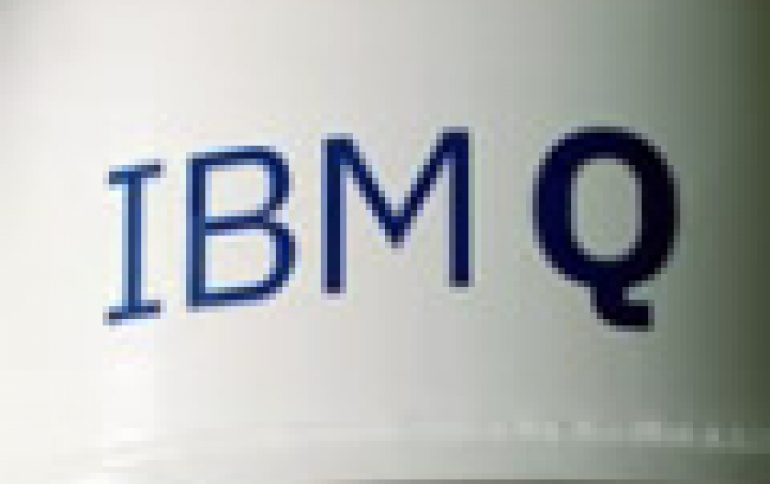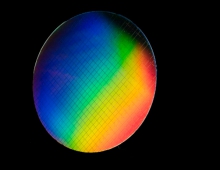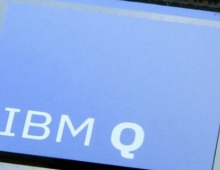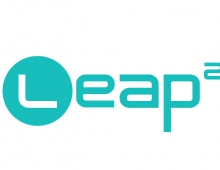
IBM Prototypes a 50-Qubit Quantum Computer
IBM is raising the bar Quantum computing with the announcement of a quantum computer that handles 50 quantum bits, or qubits. The company is also making a 20-qubit system available through its cloud computing platform.
The company has successfully built and measured an operational prototype 50 qubit processor with similar performance metrics. This new processor expands upon the 20 qubit architecture and will be made available in the next generation IBM Q systems.
The first IBM Q systems available online to clients will have a 20 qubit processor, featuring improvements in superconducting qubit design, connectivity and packaging. Coherence times (the amount of time available to perform quantum computations) lead the field with an average value of 90 microseconds, and allow high-fidelity quantum operations.

IBM's clients will have online access to the computing power of the first IBM Q systems by the end of 2017, with a series of planned upgrades during 2018. IBM is focused on making available advanced, scalable universal quantum computing systems to clients to explore practical applications.
"We are, and always have been, focused on building technology with the potential to create value for our clients and the world," said Dario Gil, vice president of AI and IBM Q, IBM Research. "The ability to reliably operate several working quantum systems and putting them online was not possible just a few years ago. Now, we can scale IBM processors up to 50 qubits due to tremendous feats of science and engineering. These latest advances show that we are quickly making quantum systems and tools available that could offer an advantage for tackling problems outside the realm of classical machines."
Over the next year, IBM Q scientists will continue to work to improve its devices including the quality of qubits, circuit connectivity, and error rates of operations to increase the depth for running quantum algorithms.
Friday's announcement puts IBM in a neck-and-neck race with Google, which has said that it plans to show a similarly-sized machine capable of achieving this milestone by the end of the year.
Today's quantum computers remain too small and too error-prone to outperform conventional supercomputers at most tasks, but the technology is advancing rapidly. A number of companies - including IBM, Google, Microsoft, Canada's D-Wave Systems Inc. and California-based startup Rigetti Computing - are pushing to create machines that businesses can use.
Quantum systems process information in a different way from traditional computers, using the counterintuitive nature of quantum physics. Whereas normal computers store information as either a 1 or a 0, quantum computers exploit two phenomena entanglement and superposition - to process information differently.Quantum computing promises to be able to solve certain problems - such as chemical simulations and types of optimization - that will forever be beyond the practical reach of classical machines.
The announcement does not mean quantum computing is ready for common use. The system IBM has developed is still extremely finicky and challenging to use, as are those being built by others. In both the 50- and the 20-qubit systems, the quantum state is preserved for 90 microseconds'a record for the industry, but still an extremely short period of time. As qubits fall out of this 90-microsecond state, errors creep into their calculations. Nonetheless, 50 qubits is a significant landmark in progress toward practical quantum computers. Other systems built so far have had limited capabilities and could perform only calculations that could also be done on a conventional supercomputer. A 50-qubit machine can do things that are extremely difficult to simulate without quantum technology.
IBM's announcement should perhaps be treated cautiously, though, since the company has not published details of its system. The larger number of qubits does not necessarily translate to a leap in computational capability, since those qubits might be noisy, and there could be issues with how well connected they are.
IBM is offering the QISKit quantum information software development kit. It includes python-based tools for creating, manipulating, visualizing and studying quantum states, tools for characterizing qubits, scripts for batching jobs, as well as a compiler to map the desired experiment onto real hardware, and so much more.





















